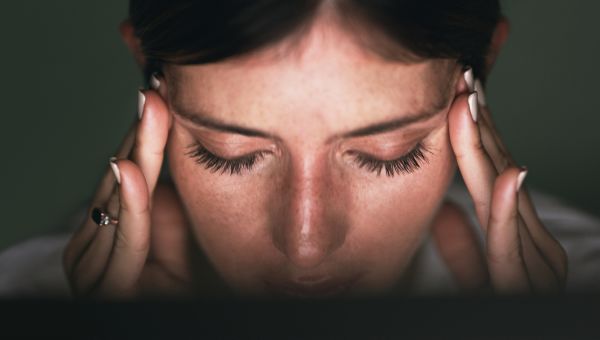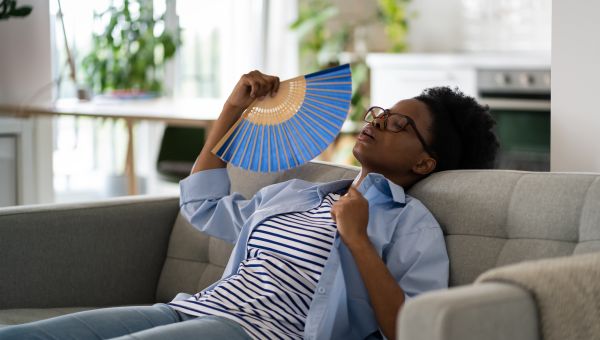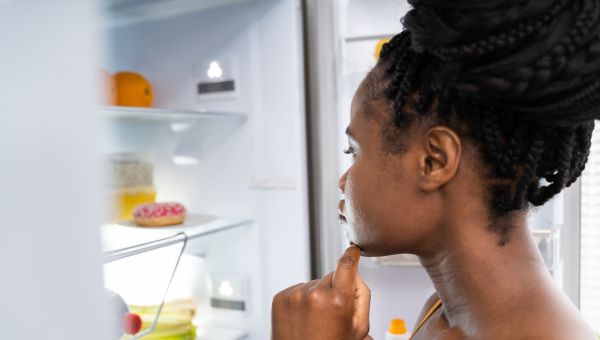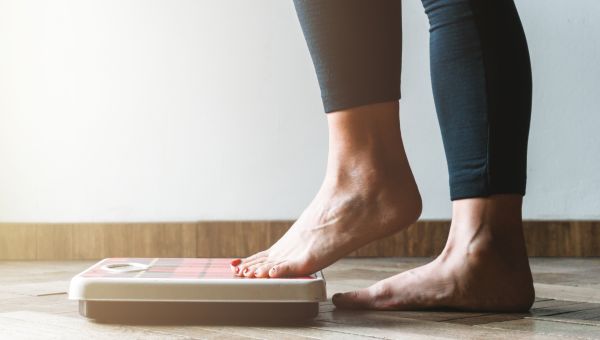7 unexpected migraine triggers
See if you recognize any of these unusual triggers.

Migraines affect roughly 12 percent of people in the US, according to the National Institute of Neurological Disorders and Stroke. You’re probably familiar with the head-pounding, life-halting pain of a migraine, but do you know its triggers? Everything from the day of the week to the weather forecast (beware of lightning!) and even sex can trigger a migraine. Learn about some surprising triggers you may have overlooked, as well as how you can prevent migraine pain.

Weather
Environmental factors such as a change in humidity or temperature, a change in altitude or barometric pressure, high winds and extreme heat or cold could all trigger a migraine. One small recent study even suggests that lightning could trigger migraine headaches in some people.

Everyday Stress
Stress can trigger both migraine and tension headaches. Interestingly, it's the everyday stressors, such as parenting and work issues, that tend to cause headaches more than a car accident, major illness or other standalone events. Do you need to stress less? Try deep breathing, or regular walking sessions to relax. Making time for yourself and learning how to deal with everyday stress may help quell your migraines.

Foods and Snacks
Even innocent-sounding fruits and snacks can be the culprits behind those painful migraines you can't seem to shake. Common migraine-triggering foods include ripened cheeses, sour cream, nuts, sourdough bread, figs, raisins, avocados, bananas, hot dogs and alcoholic beverages. And then there’s your morning cup of Joe: Too much caffeine (or too little, depending on how much you’re used to) can trigger migraines. Experts suggest limiting caffeine to 200mg a day.

Hunger
Migraines can happen when you eat—and when you don't. Low blood sugar levels, which occur when you are hungry, could actually trigger migraines. Eating several small meals throughout the day can help keep your blood sugar levels stable and stave off a migraine. And try upping your carbs: Many people say they crave carbohydrates before or during a migraine, and eating carbs can help end an attack.

Menstrual Migraines
Thanks to hormones, migraines happen about three times more often in women than in men—and 60 percent of those women get migraines during their periods. Attacks may occur a few days before or during a woman's period. Some women may also get migraines at the time of ovulation. If you frequently suffer from severe menstrual migraines, preventive medications can help. Talk to your doctor to see if you’re a candidate.

The Weekend Migraine
Unfortunately, certain people suffer from migraines or headaches on the weekend or during holidays. Some experts say this is because stress piles up during the work week, so when it’s time to relax the body responds with a "let-down” headache. Changes in daily routines, such as sleeping patterns, meal times and caffeine consumption can also trigger a migraine, so it's important to keep both eating and sleeping habits consistent throughout the week and into the weekend.

Weight Gain
A recent study of more than 3,800 adults found that those who were obese were 81 percent more likely to have episodic migraines than people of normal weight. Other research has shown that obesity makes migraines more frequent in people who have them. One theory is that fat tissue may release inflammatory chemicals that cause migraines. On the flip side, migraines may actually contribute to obesity, since weight gain is a side effect of certain migraine medications, and those who suffer from migraines tend to be less active. The good news: Working out can help whittle your waistline and reduce stress—another migraine trigger.

Help for Migraines
The easiest way to track your migraine triggers? Write them down. Keep a log of every time you've had a headache. Record the date, what you ate, how you slept, as well as anything that stands out as unusual. Additionally, you should partner with your healthcare team so you can better manage your migraines and possibly prevent them from happening in the first place.
More On


video

article

slideshow


video


video
